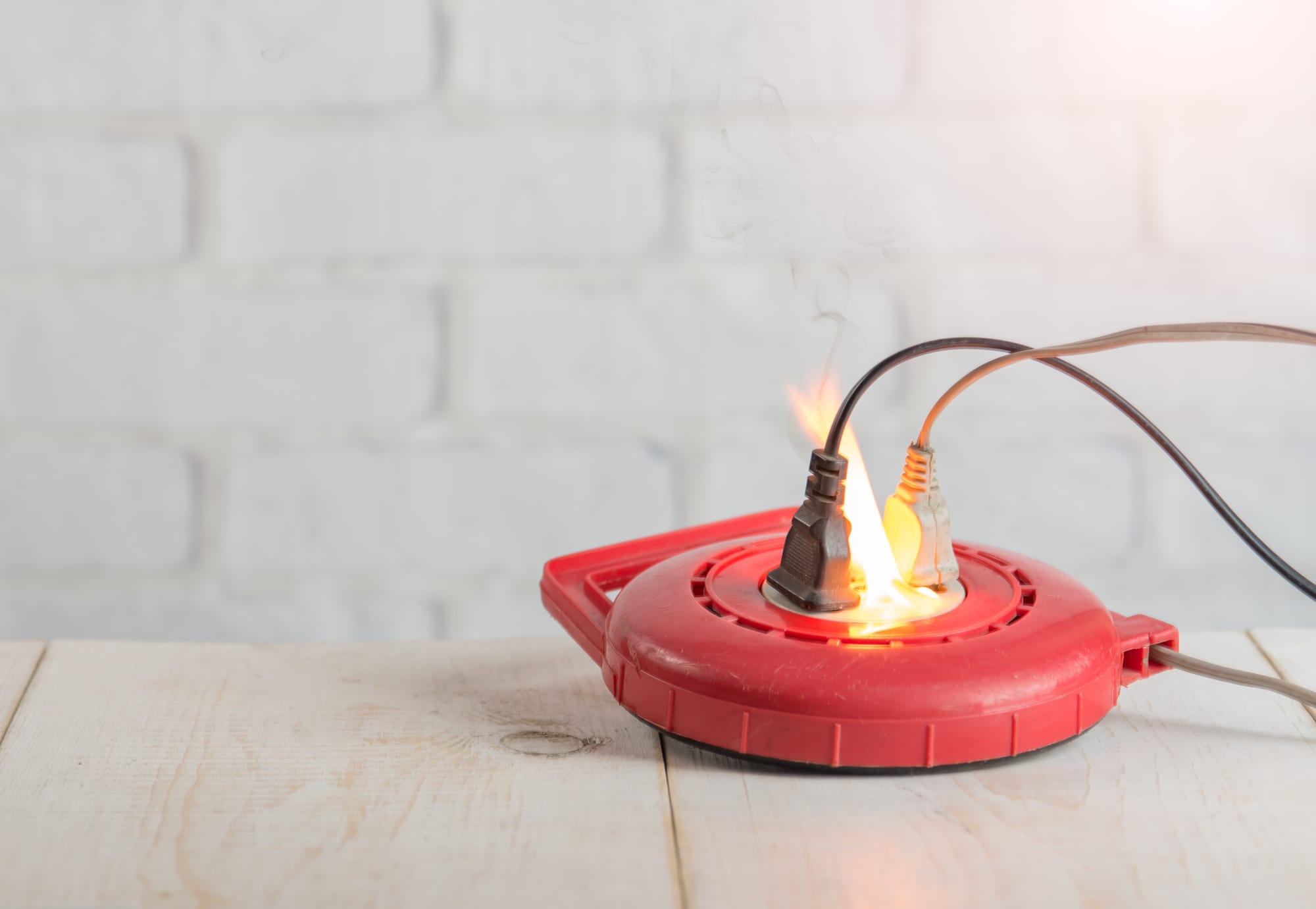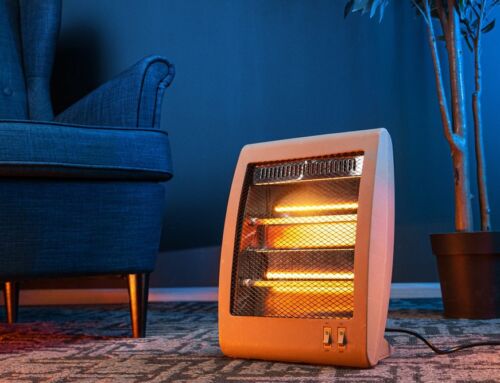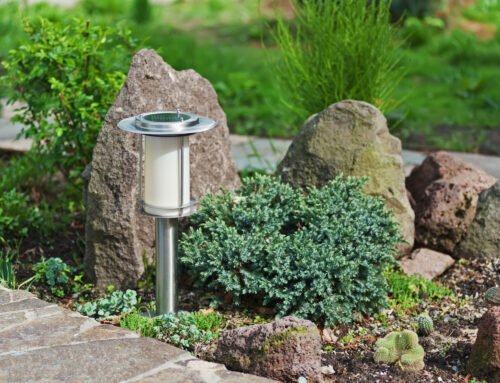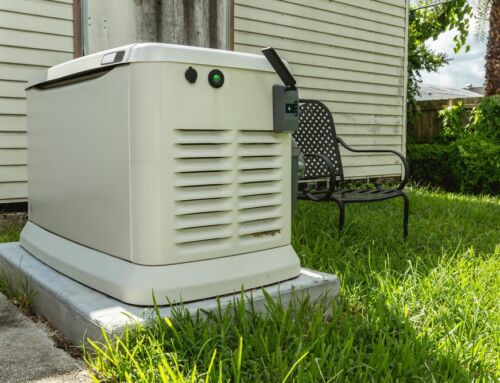It can be frustrating to have things in your home not functioning properly, especially around the holidays. There are some things you can take care of yourself, of course, but there are others that can be difficult or downright dangerous to take on on your own.
Electrical issues, such as a short circuit, are examples of this kind of issue. Unless you have a very specific idea of how these things work, you shouldn’t dip your hand into the repair process on your own. After all, you might not have the proper knowledge or experience.
What is a short circuit, anyway? Read on and we’ll walk you through what you need to know.
Definition Of A Short Circuit
You might feel like you know what a short circuit is. After all, the phrase is used commonly by people, usually to refer to any sort of power outage. But that colloquial use isn’t entirely accurate: not every power outage is caused by a short circuit.
So then what is a short circuit, exactly? As the name implies, a short circuit is what occurs when an electrical current completes a circuit in a shorter distance than the established wiring. When there is a break in a wire, the electrical current may ‘leak’ and find a quicker route back to the ground.
This route can sometimes be through flammable materials, which is why short circuits present such a big risk to homes and families. Anything that is less resilient than a copper wire can find itself at risk of being this ‘faster pathway’ for an electrical current. That even includes a human body.
What Causes A Short Circuit?
There isn’t one clear cause for why short circuits occur. Rather, there are a few possible explanations that vary case-by-case.
One common issue is loose wiring. When wires become loose, they can come into contact with other live wires. These faulty connections can easily spark and cause fires. They can be very dangerous to try and fix on your own.
Broken or worn down insulation is another common cause of short circuits. Insulation might be stripped away by age, by rough handling, or by little pests like mice and other rodents. When insulation gets stripped away, electrical current can more easily ‘leak’ from the circuit and hop elsewhere.
A short circuit also doesn’t always have to happen within external wiring. It may happen within the setup of your appliances as well. An oven or fridge may have a short circuit somewhere in its system. As appliances get later in their lifespan, this can become a more likely issue.
Dealing With Short Circuits
If you think you may be experiencing a short circuit, you can do a little careful inspection to see if you can spot the problem. Be very careful. If a circuit breaker keeps being tripped every time you use a specific appliance, it might be the wiring or the appliance itself.
Look to the wiring and see if you can spot any clear signs of trouble. Fixing these issues can require skill and experience, as a certain amount of risk and danger is involved. It’s recommended you call a professional who can help.
What Is A Short Circuit?
If you’ve found yourself asking ‘what is a short circuit?’ hopefully the above advice has helped to clear things up. If you need more assistance with your home electrical system, you can contact us anytime.






